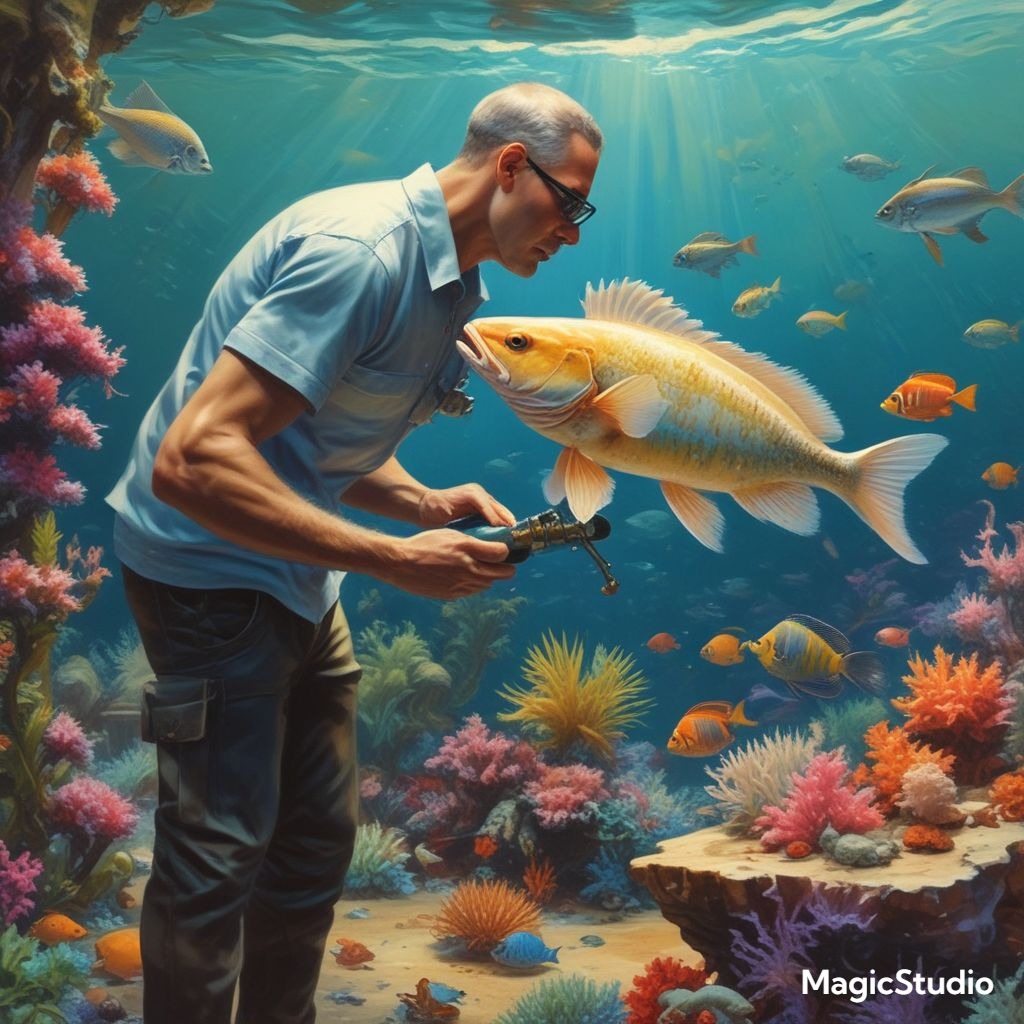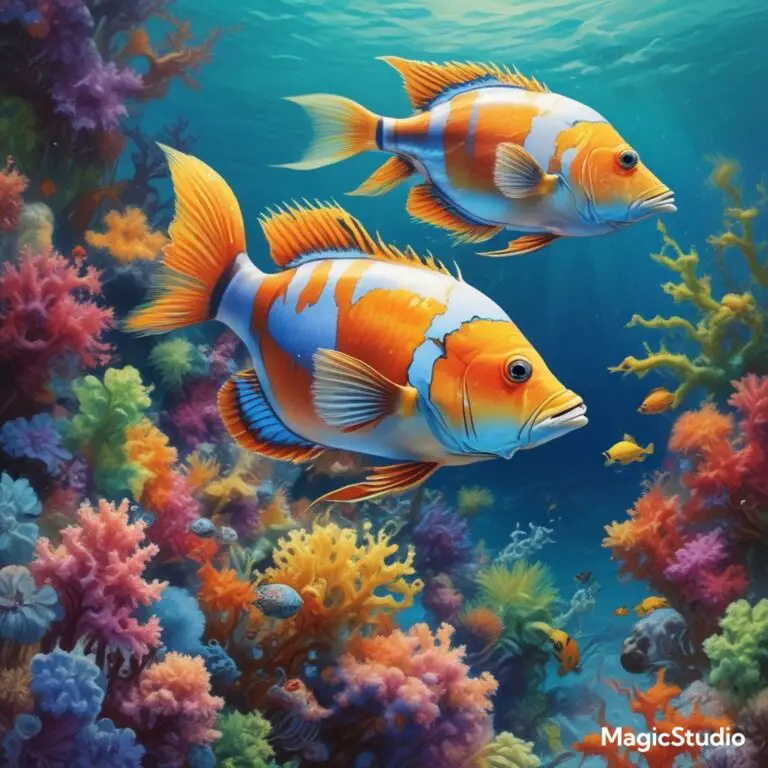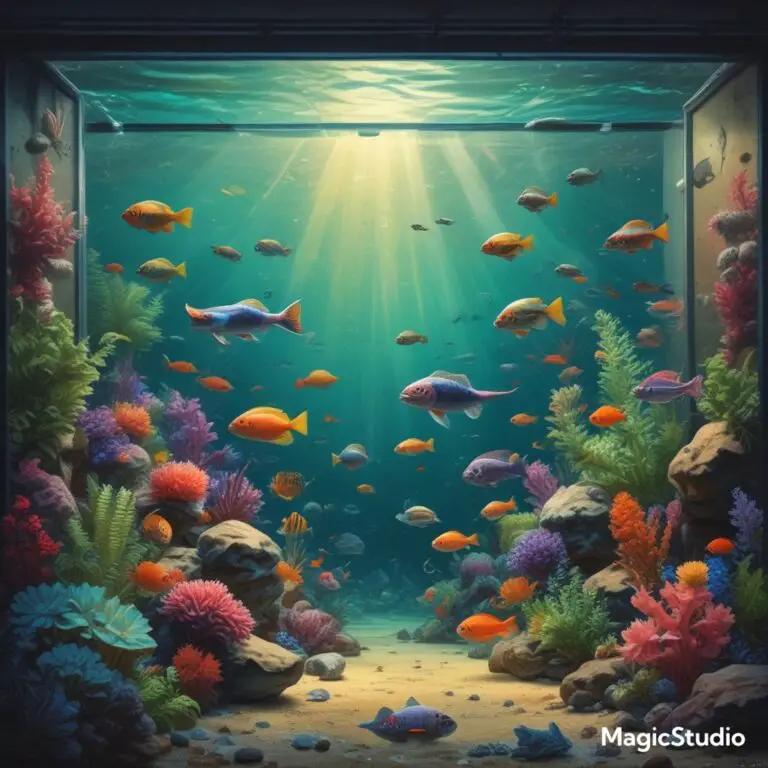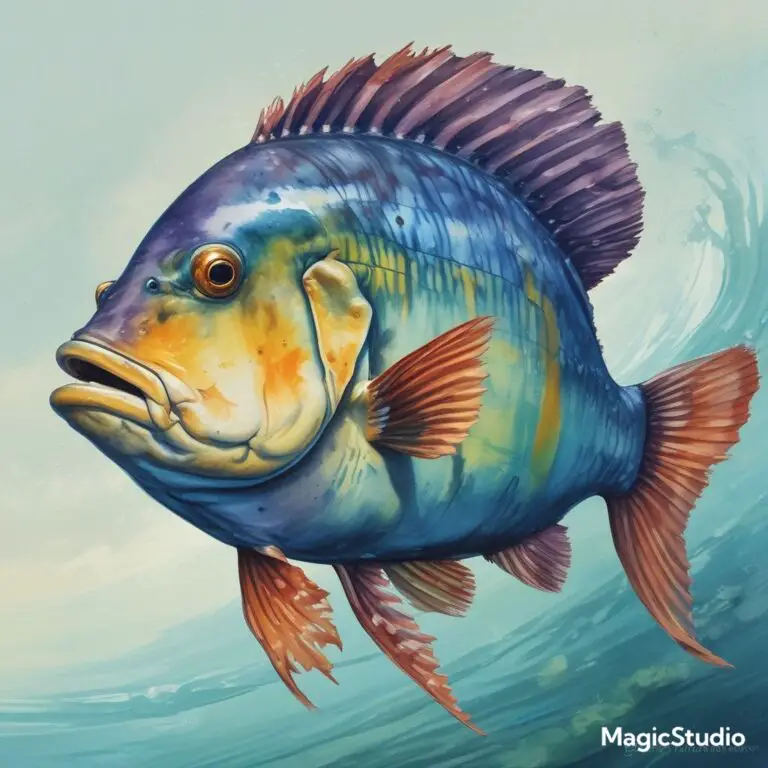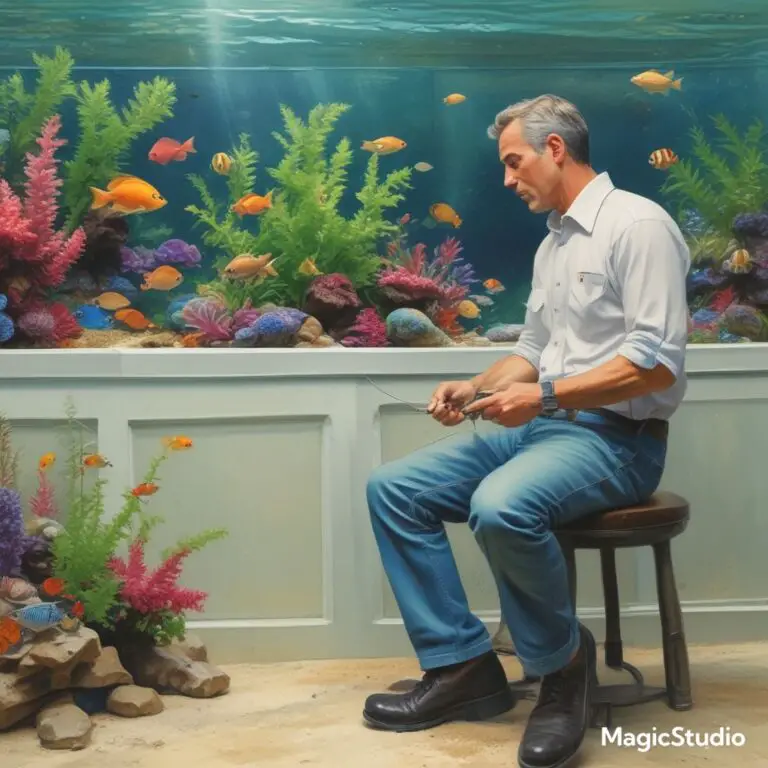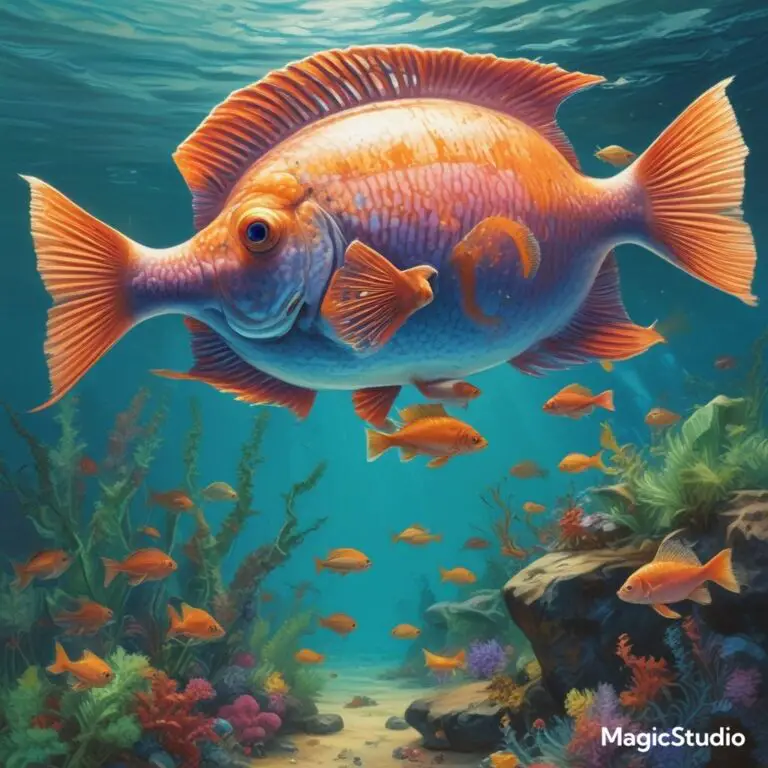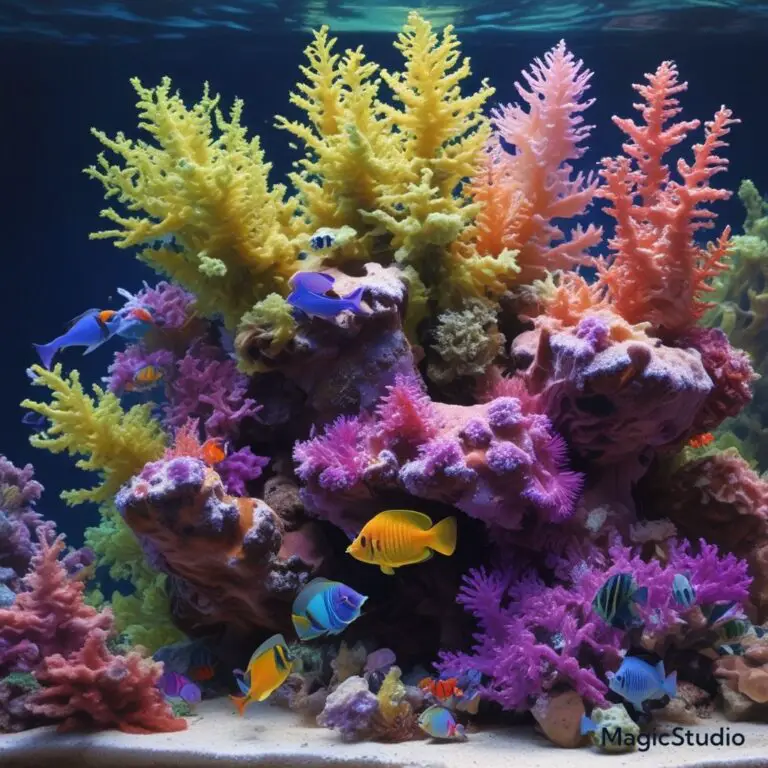Complete Guide to Marine Fish Maintenance: Keeping Your Saltwater Tank Healthy
Complete Guide to Marine Fish Maintenance: Keeping Your Saltwater Tank Healthy
Maintaining a saltwater aquarium is a rewarding but intricate task. The stunning beauty of marine fish and coral comes with the responsibility of providing a stable, healthy environment for them to thrive. In this Complete Guide to Marine Fish Maintenance: Keeping Your Saltwater Tank Healthy, we’ll explore essential practices and tips to ensure your saltwater tank remains a vibrant and balanced ecosystem.
1. Understanding Your Tank’s Ecosystem
A healthy saltwater aquarium is more than just water and fish. It’s a delicate balance of various elements that work together to create a thriving environment.
Key Components:
- Water Chemistry: Regularly test and maintain parameters such as salinity, pH, ammonia, nitrite, and nitrate.
- Beneficial Bacteria: Establish and maintain a robust population of beneficial bacteria to help with biological filtration.
- Live Rock and Substrate: Use live rock and substrates to support natural filtration and provide habitats for marine life.
2. Maintaining Water Quality
Water quality is the cornerstone of a successful marine tank. Proper maintenance helps prevent diseases and keeps your aquatic life healthy.
Water Quality Tips:
- Regular Testing: Use reliable test kits to monitor salinity, pH, and other critical parameters.
- Perform Water Changes: Change 10-20% of the water weekly to remove waste and replenish essential elements.
- Use RO/DI Water: Filter your water using Reverse Osmosis/Deionized systems to ensure purity and prevent contamination.
3. Optimal Feeding Practices
Feeding your fish and corals properly is crucial for their growth and well-being. A well-balanced diet ensures vibrant colors and strong immune systems.
Feeding Tips:
- Varied Diet: Provide a mix of flakes, pellets, frozen foods, and live foods to meet nutritional needs.
- Controlled Portions: Feed small amounts 2-3 times a day to avoid overfeeding and maintain water quality.
- Observe Eating Habits: Ensure all fish are eating and adjust feeding practices based on their behavior and needs.
4. Monitoring and Managing Temperature
Temperature stability is vital for the health of marine life. Fluctuations can stress fish and corals, leading to health problems.
Temperature Tips:
- Use a Reliable Heater: Invest in a high-quality heater with a thermostat to maintain a consistent temperature.
- Check Regularly: Monitor the tank temperature daily and make adjustments as necessary.
- Avoid Sudden Changes: Make gradual temperature adjustments to avoid shocking your marine inhabitants.
5. Effective Filtration Systems
A well-functioning filtration system is essential for maintaining clean and clear water. Proper filtration supports both mechanical and biological processes.
Filtration Tips:
- Choose the Right System: Use a combination of mechanical, chemical, and biological filtration to cover all aspects of water treatment.
- Clean Filters Regularly: Rinse filter media and components as recommended to ensure efficient operation.
- Check Flow Rates: Ensure that the filtration system provides adequate water movement without causing excessive turbulence.
6. Aquascaping and Tank Maintenance
Regular maintenance and thoughtful aquascaping enhance the beauty of your tank and support a healthy environment.
Maintenance Tips:
- Clean Algae: Remove algae and debris from the glass and decorations regularly to keep the tank looking pristine.
- Inspect Equipment: Periodically check heaters, pumps, and other equipment for proper function and replace as needed.
- Trim Corals: Prune overgrown corals to maintain space and prevent overcrowding.
7. Introducing New Marine Life
Adding new fish or corals requires careful planning to ensure a smooth transition and avoid disruptions to the existing tank environment.
Introduction Tips:
- Quarantine New Arrivals: Use a separate quarantine tank to observe new marine life for signs of disease before introducing them to the main tank.
- Acclimate Slowly: Gradually acclimate new additions to the tank environment by floating the bag and slowly mixing tank water.
- Monitor for Compatibility: Observe interactions between new and existing tank residents to address any signs of aggression or stress.
8. Emergency Preparedness
Being prepared for emergencies ensures that you can quickly address issues that may arise in your marine aquarium.
Emergency Tips:
- Have a Plan: Develop a contingency plan for power outages, equipment failures, or other emergencies.
- Keep Supplies Handy: Maintain a stock of essential supplies, such as water testing kits, medications, and extra filter media.
- Stay Informed: Educate yourself on common issues and solutions to handle emergencies effectively.
9. Continuous Learning and Improvement
The world of marine aquariums is ever-evolving, and staying informed helps you provide the best care for your aquatic life.
Learning Tips:
- Join Aquarist Communities: Engage with online forums and local clubs to share experiences and gain insights.
- Read and Research: Stay updated with the latest information through books, articles, and research on marine biology and aquarium care.
- Attend Workshops: Participate in workshops or seminars to expand your knowledge and improve your skills.
